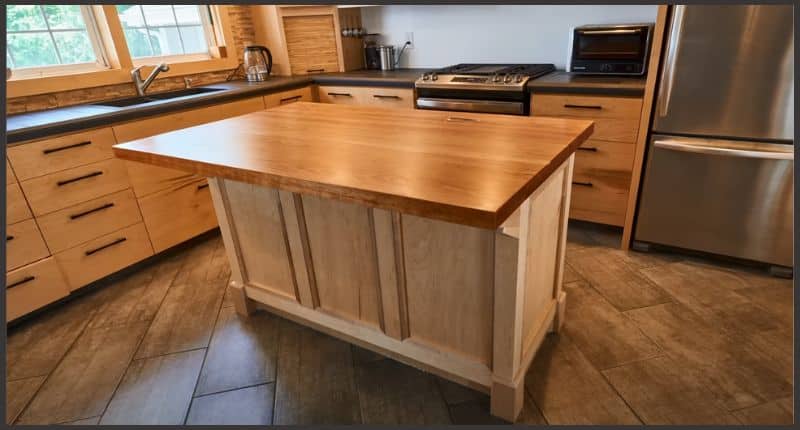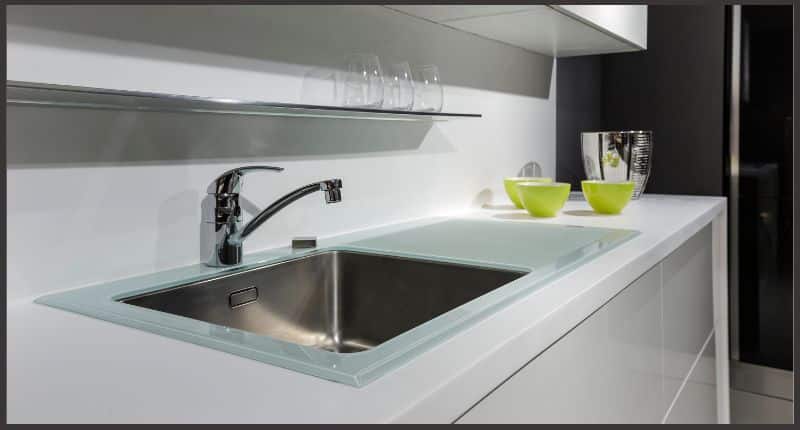Introduction:
The combination of vinegar and baking soda has been hailed as a natural and eco-friendly solution for various cleaning tasks around the house. When it comes to unclogging drains, this powerful duo is often recommended as a cost-effective alternative to harsh chemical drain cleaners. However, before pouring vinegar and baking soda down your drain, it’s important to understand if it is safe or not. In this article, we will explore the safety considerations and precautions to take when using vinegar and baking soda to unclog drains, ensuring you make an informed decision for maintaining the health and functionality of your plumbing system.
Table of Contents
Is it Safe to Put Vinegar and Baking Soda in Drain? Exploring the Truth
When it comes to household hacks and natural cleaners, vinegar and baking soda are two powerhouses that often come to mind. From cleaning surfaces to removing odors, these versatile ingredients have proven themselves time and again. But what about using vinegar and baking soda in your drains? Is it safe?
The Myth:
You may have come across various online tutorials and DIY remedies that suggest pouring vinegar and baking soda down your drains as a natural and effective way to clean and unclog them. The concept behind this method is simple: the vinegar and baking soda react to create a fizzy chemical reaction, generating carbon dioxide gas and agitating any dirt or buildup in the drain.
The theory sounds plausible, but let’s dive deeper to understand whether it’s safe and effective.
The Truth about Vinegar:
Vinegar, typically white distilled vinegar, is a common household ingredient known for its acidic properties. Its acidity makes it an excellent cleaning agent and a natural alternative to harsh chemicals. When vinegar comes into contact with certain substances like grease and grime, it can help dissolve and break them down.
However, despite its cleaning prowess, vinegar may not be the ultimate solution for all drain issues. While it can help remove minor clogs and odors, it may not be effective on severe blockages or more significant plumbing problems.
The Science behind Baking Soda:
Baking soda, also known as sodium bicarbonate, is a mild alkaline substance renowned for its deodorizing and cleansing properties. When it comes into contact with acids like vinegar, it undergoes a chemical reaction that produces salt, water, and carbon dioxide gas.
This fizzy reaction creates a bubbling effect that can loosen debris and help dislodge minor blockages in the drain. While baking soda alone may not be as effective, combining it with vinegar can enhance its cleaning power.
The Safety Factor:
Using vinegar and baking soda in drains is generally considered safe for regular maintenance. However, it’s essential to exercise caution and consider a few key factors:
- 1. Minor Clogs and Regular Maintenance: Vinegar and baking soda can be effective for regular drain maintenance or dealing with minor clogs. They can help keep drains clean, prevent odors, and remove light buildup.
- 2. Severe Blockages: For severe clogs or more significant plumbing issues, relying solely on vinegar and baking soda may not yield the desired results. It’s best to consult a professional plumber who can address the problem effectively.
- 3. Nature of the Plumbing System: The safety and efficacy of vinegar and baking soda can also depend on the type of plumbing system in your home. Older or more delicate plumbing systems may not tolerate the acidic nature of vinegar well.
Alternative Drain Cleaning Methods:
While vinegar and baking soda can be a useful combination for regular drain maintenance, you may also consider alternative methods for tougher clogs or more stubborn odors.
- 1. Hot Water and Dish Soap: Pouring a kettle of boiling water down the drain, followed by some dish soap, can help dissolve grease and break down residue.
- 2. Enzymatic Drain Cleaners: Enzymatic drain cleaners contain bacteria and enzymes that break down organic matter and can be effective for eliminating odors and improving drainage.
- 3. Mechanical Methods: For stubborn clogs, using a plunger or a drain snake can provide more physical force to dislodge the blockage.
The Final Verdict:
While using vinegar and baking soda can be a beneficial part of your regular drain maintenance routine, it may not always be the solution to more severe plumbing issues. For minor clogs and odors, vinegar and baking soda can help keep your drains clean and fresh. However, it’s important to remember that prevention is key. Avoiding pouring grease, oil, and other waste materials down the drain can go a long way in maintaining a healthy plumbing system.
Ultimately, if you’re facing persistent or more significant plumbing problems, it’s advisable to consult a professional plumber who can accurately diagnose the issue and provide appropriate solutions. They have the expertise and tools necessary to tackle even the most challenging drain problems.
In conclusion, vinegar and baking soda can be a safe and valuable addition to your drain maintenance routine. However, it’s crucial to use them in conjunction with other cleaning methods and exercise caution when dealing with severe clogs. By adopting a holistic approach to drain maintenance and seeking professional assistance when needed, you can ensure a healthier and more efficient plumbing system for your home.

Photo by Priscilla Du Preez 🇨🇦 on Unsplash
Additional Guide
How to Make a Small Kitchen Look Bigger
How Do I Start a Small Kitchen?
Things to Consider When Designing a Kitchen
FAQs: Is it safe to put vinegar and baking soda in drain
1. Is it safe to put vinegar and baking soda in drains?
Yes, it is generally safe to use vinegar and baking soda in drains. When combined, they create a chemical reaction that can help break down clogs and remove odors. However, it is important to note that this method is most effective for minor clogs and regular maintenance. For severe or persistent clogs, it is recommended to seek professional assistance.
2. How do vinegar and baking soda work to unclog drains?
Vinegar and baking soda create a chemical reaction that produces carbon dioxide and other byproducts. The fizzing action helps to dislodge debris, hair, and other substances that may be causing the clog. Additionally, vinegar acts as a natural disinfectant, killing bacteria and eliminating unpleasant odors.
3. Are there any precautions I should take when using vinegar and baking soda in drains?
While vinegar and baking soda are generally safe to use, there are a few precautions to keep in mind. Avoid using this method immediately after using a commercial drain cleaner, as it can potentially produce harmful fumes. It is also advisable to flush the drain with hot water before and after using vinegar and baking soda to enhance the effectiveness.
4. Can vinegar and baking soda damage pipes or plumbing systems?
No, when used as directed, vinegar and baking soda should not cause any damage to pipes or plumbing systems. They are considered safe for use in most household drains. However, it is important to note that this method may not be suitable for all types of plumbing, such as those made of certain metals. If you have concerns about your specific plumbing system, it is best to consult a professional plumber.
5. Is there an alternative to using vinegar and baking soda for drain maintenance?
Yes, there are alternative methods for drain maintenance. One popular option is using a mixture of salt and baking soda. Simply pour a cup of salt followed by a cup of baking soda down the drain, then flush it with boiling water. Another option is to use enzyme-based drain cleaners, which are specifically designed to break down organic matter and unclog drains. As always, it is important to follow the instructions provided with any product or method you choose.


